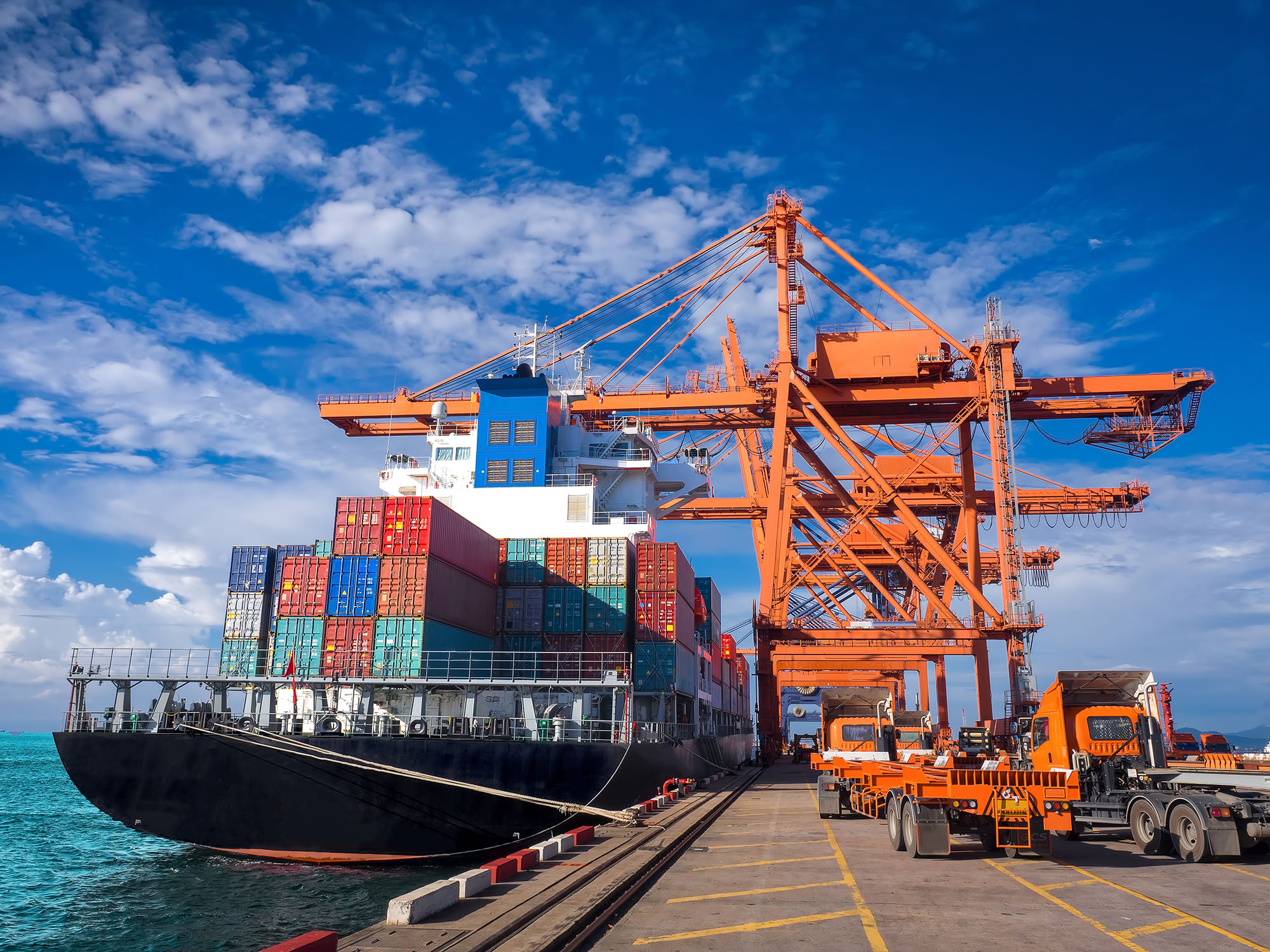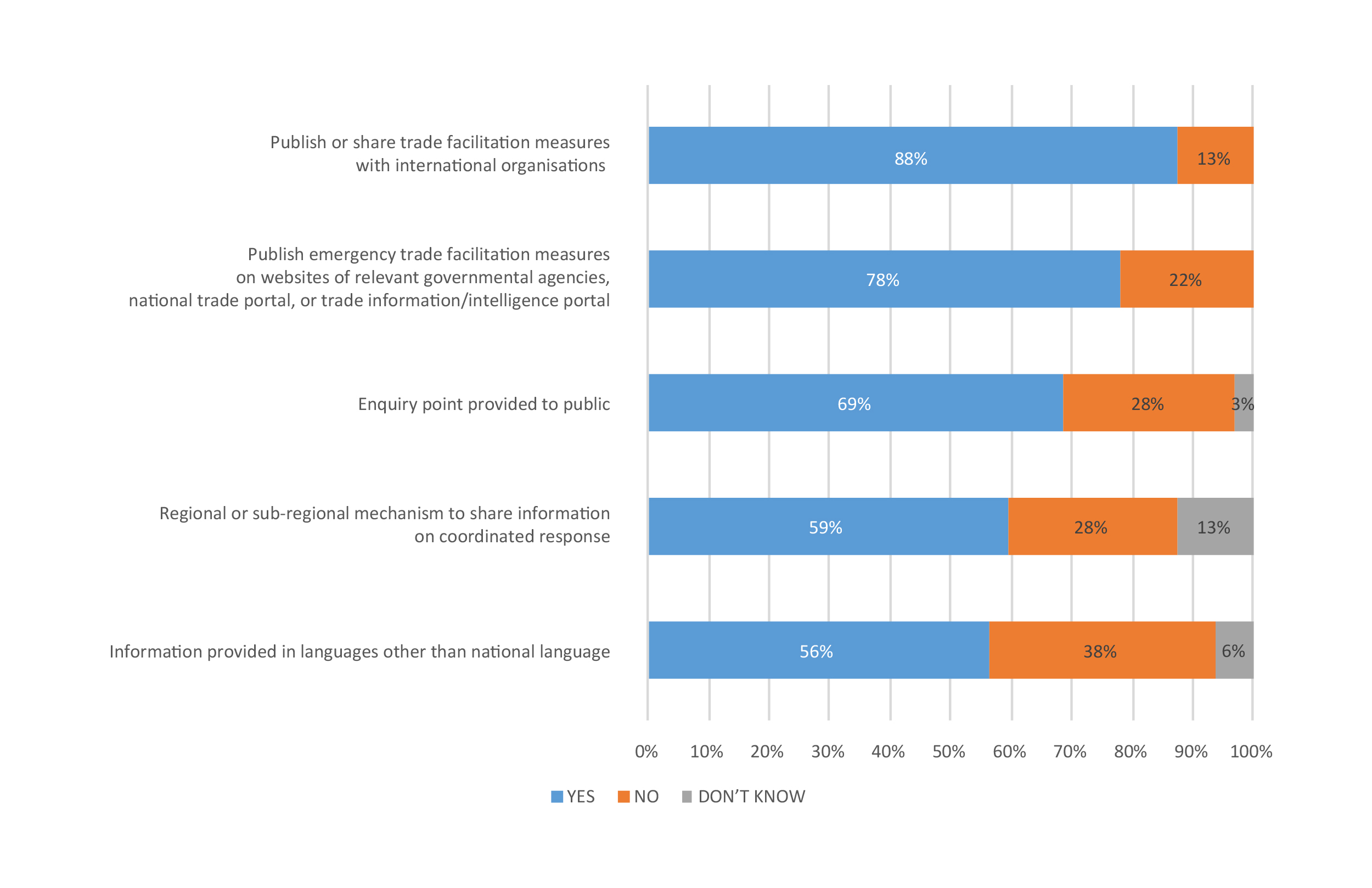
Discussions on the definition of "essential goods", and commitments to ensure the availability of commercial purchases of essential goods, are needed. As are commitments to avoid the implementation of export restrictions and prohibitions affecting essential goods, as well as exempting these goods from import tariffs on a permanent basis, among other initiatives.












